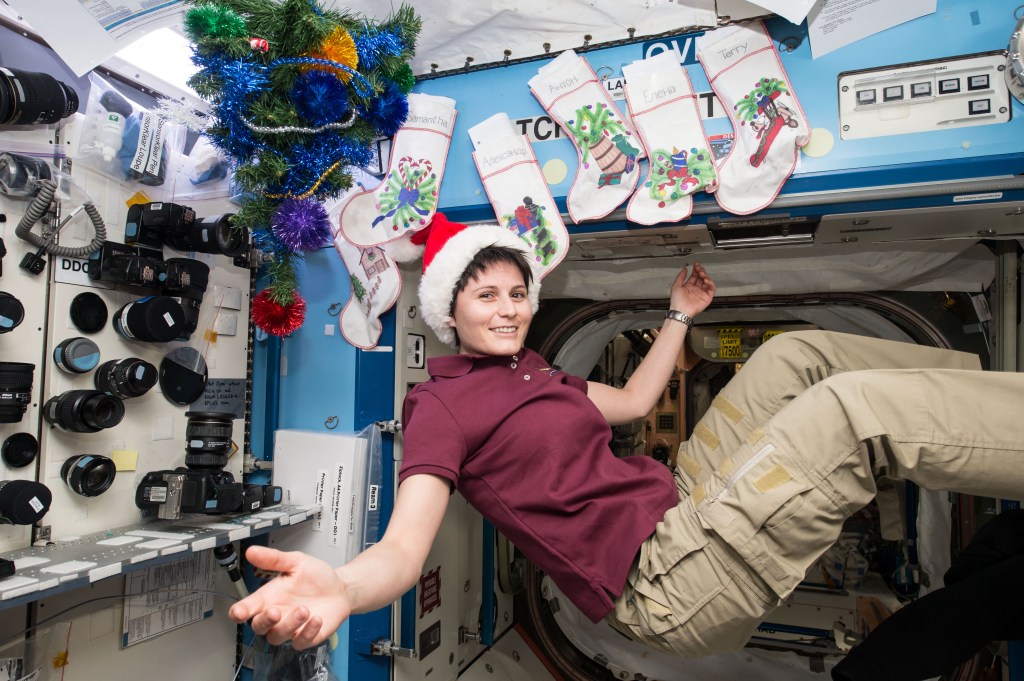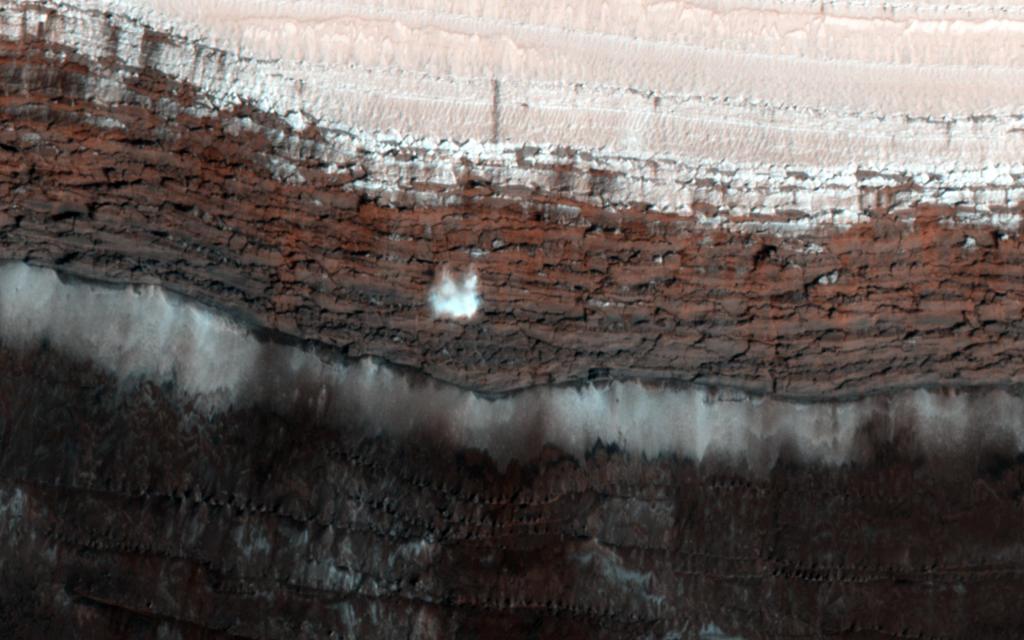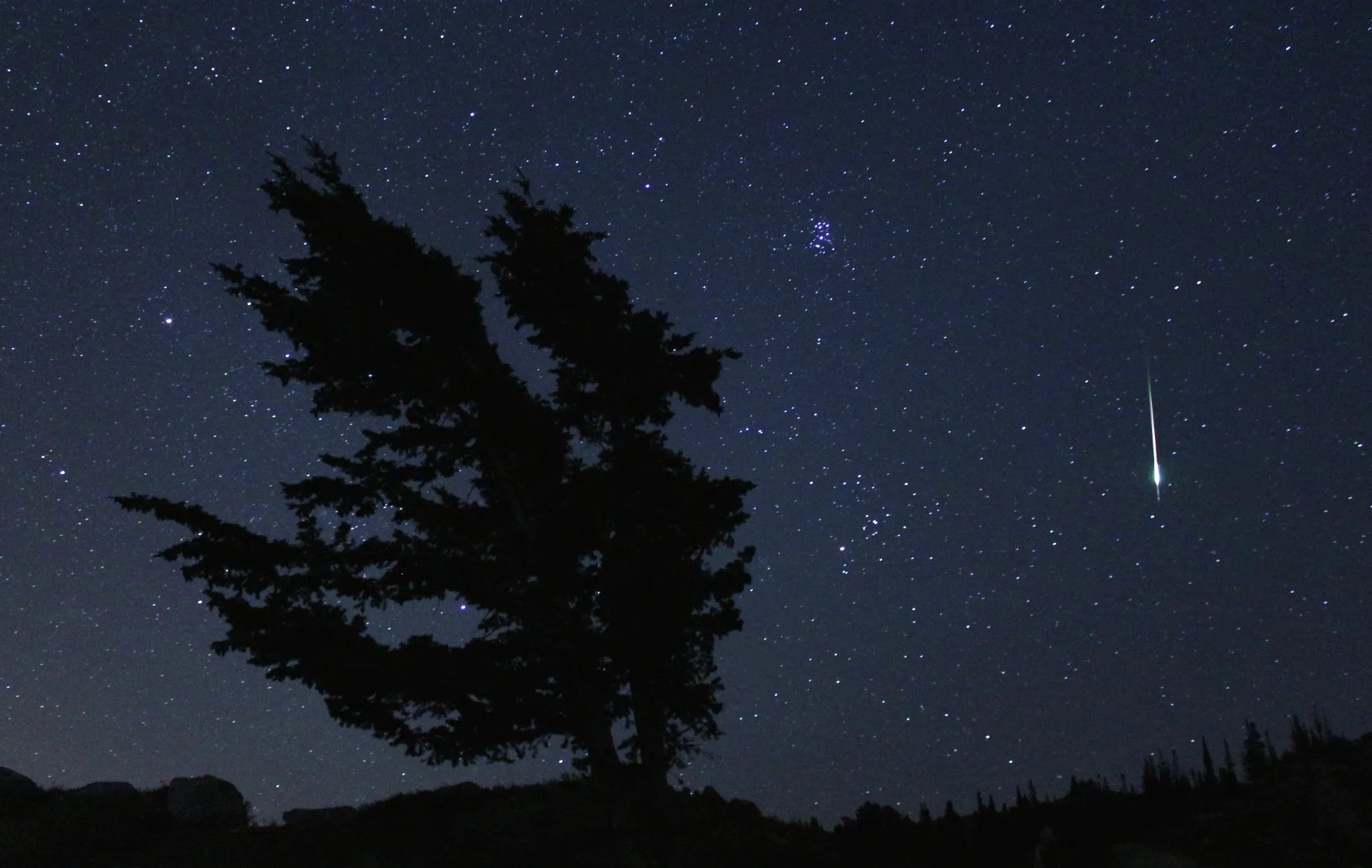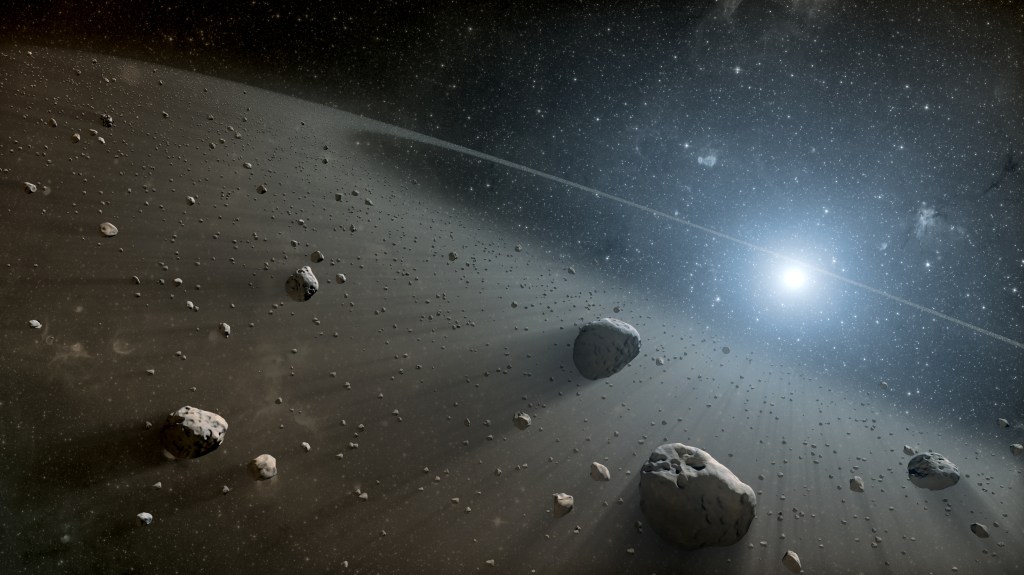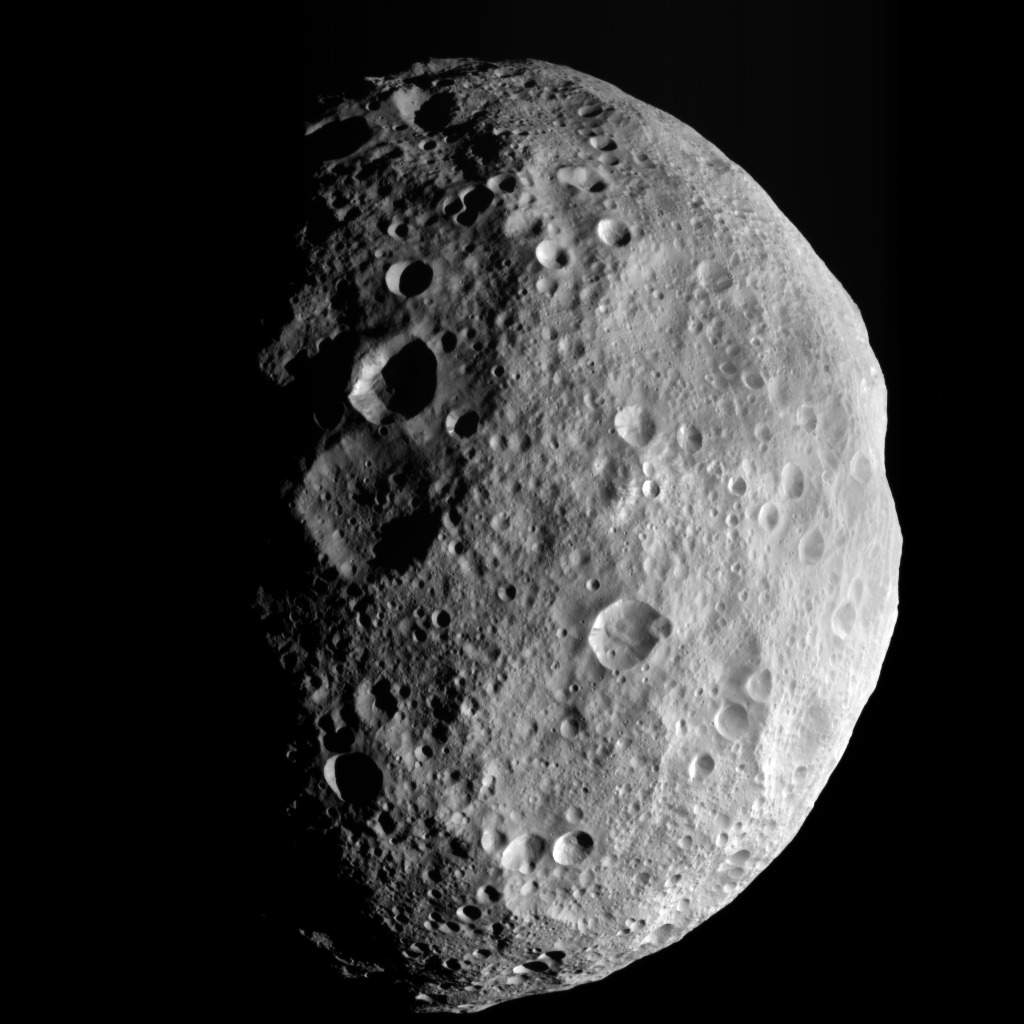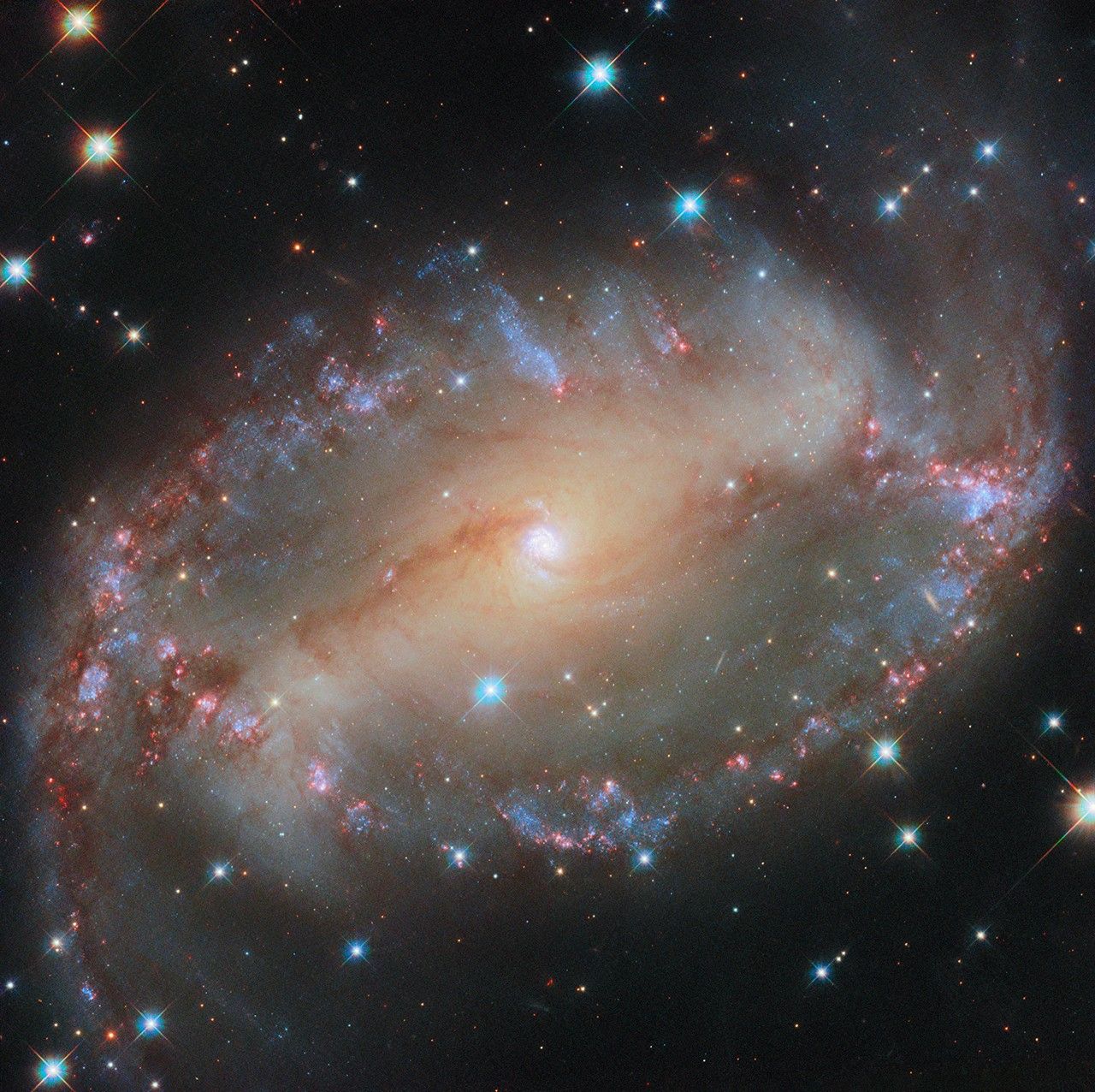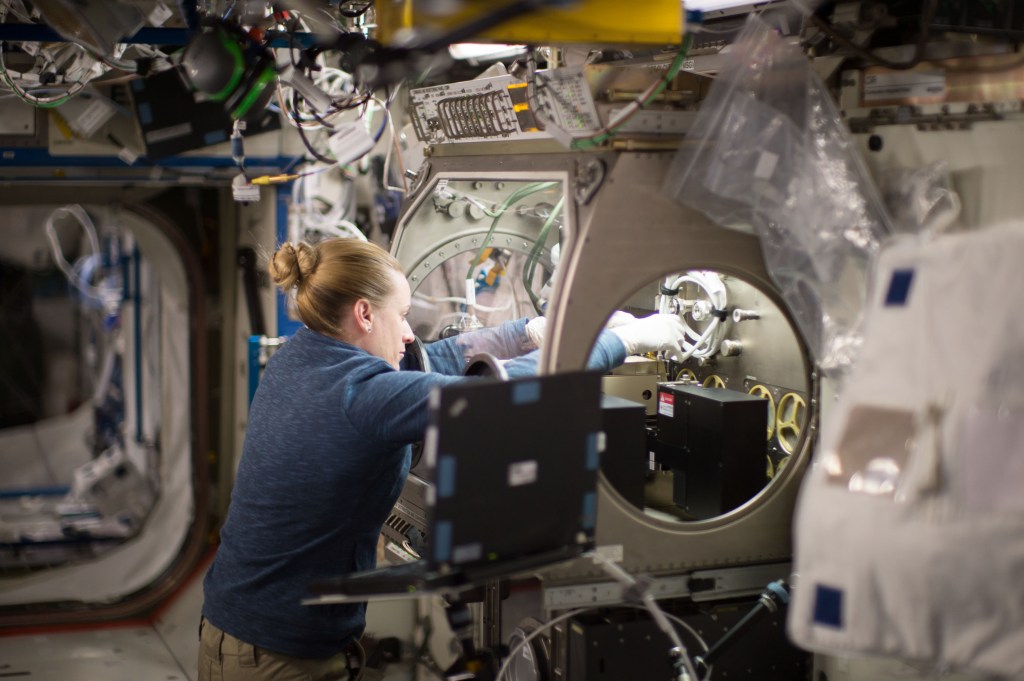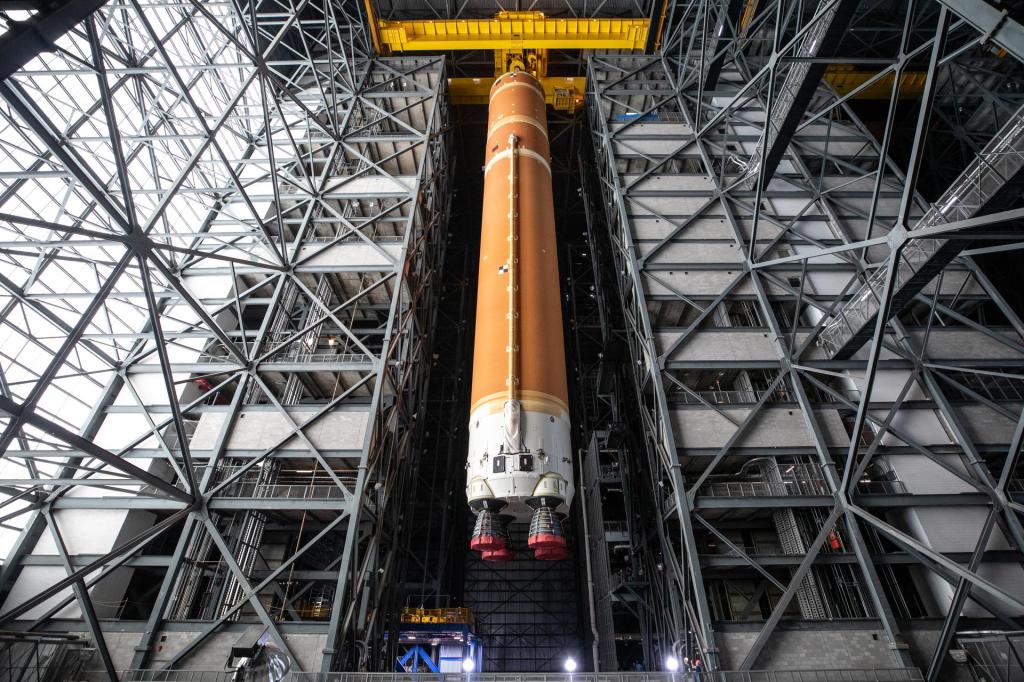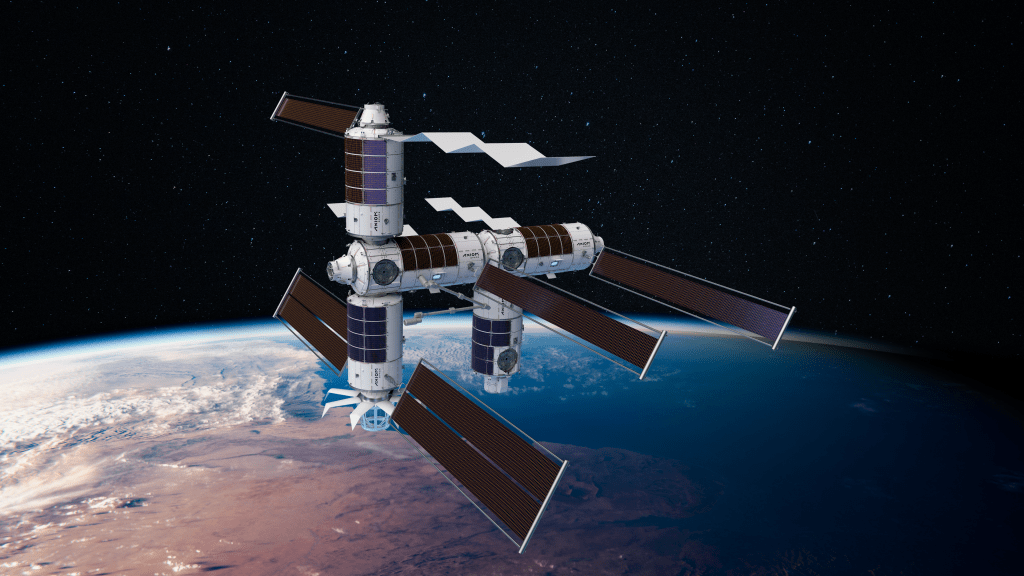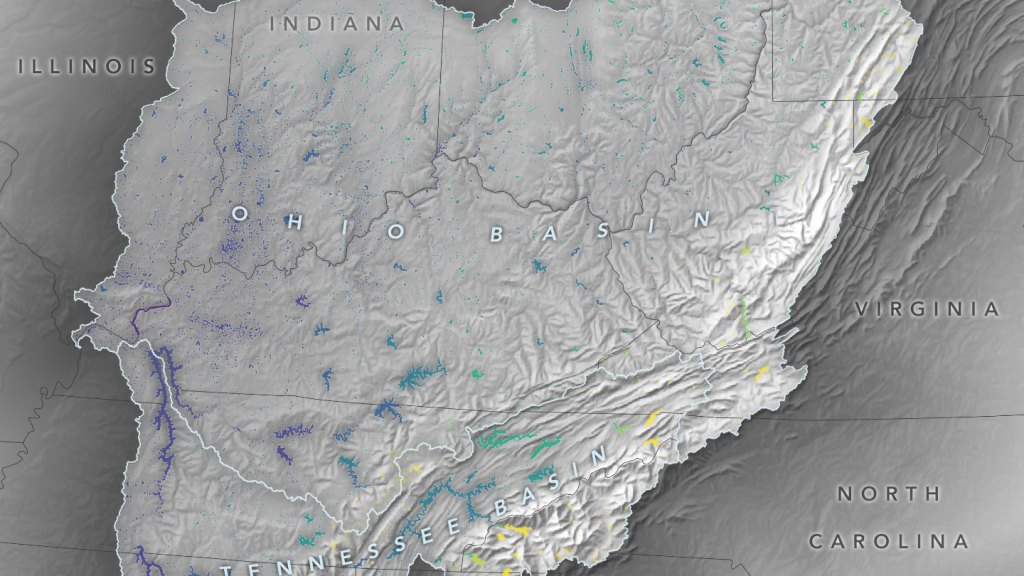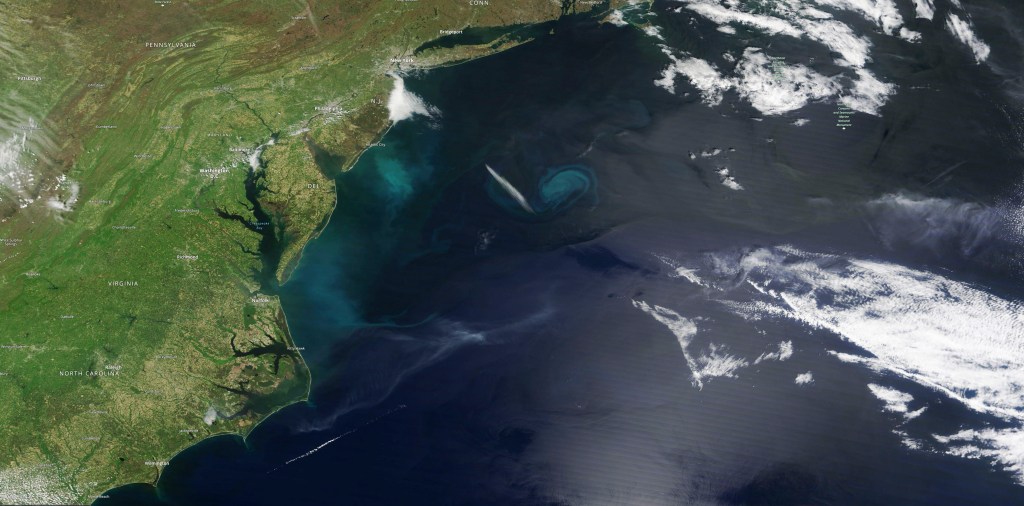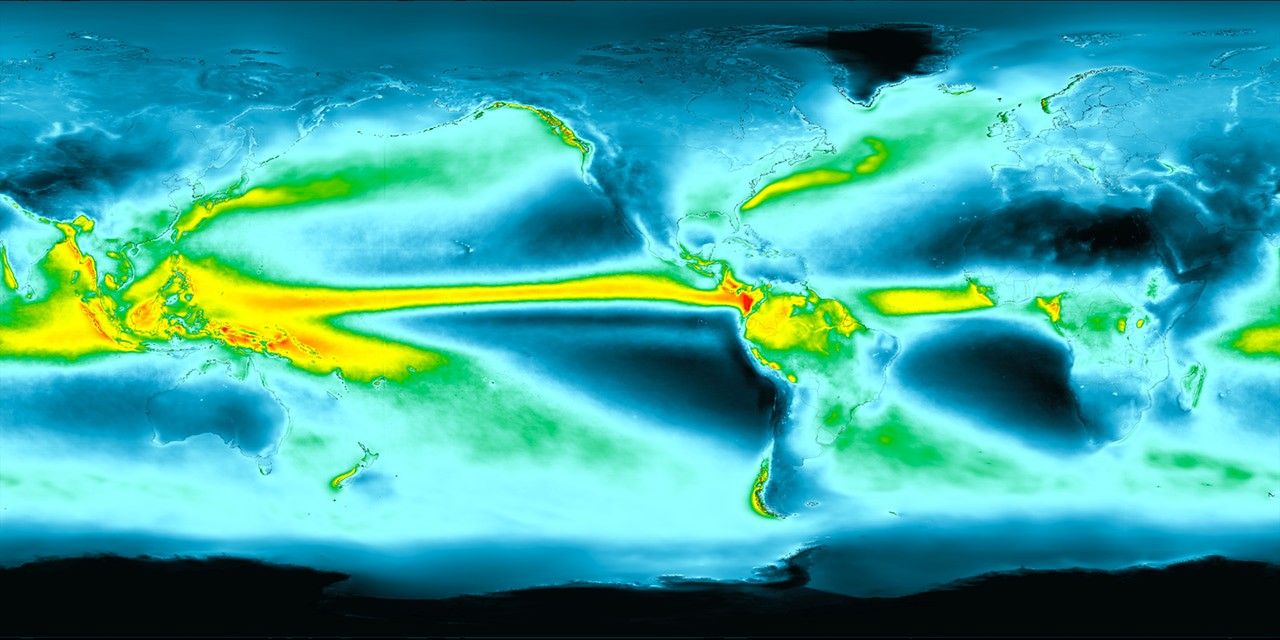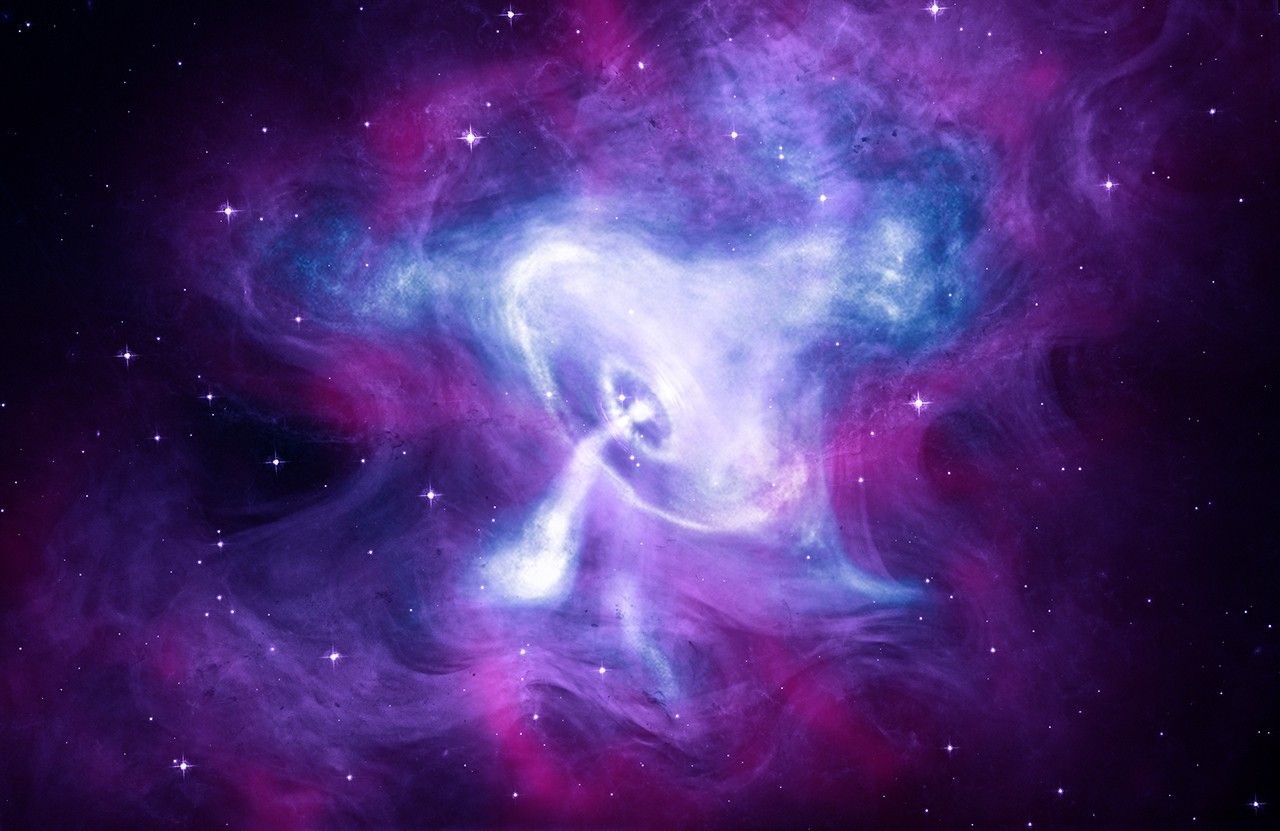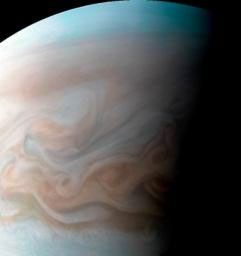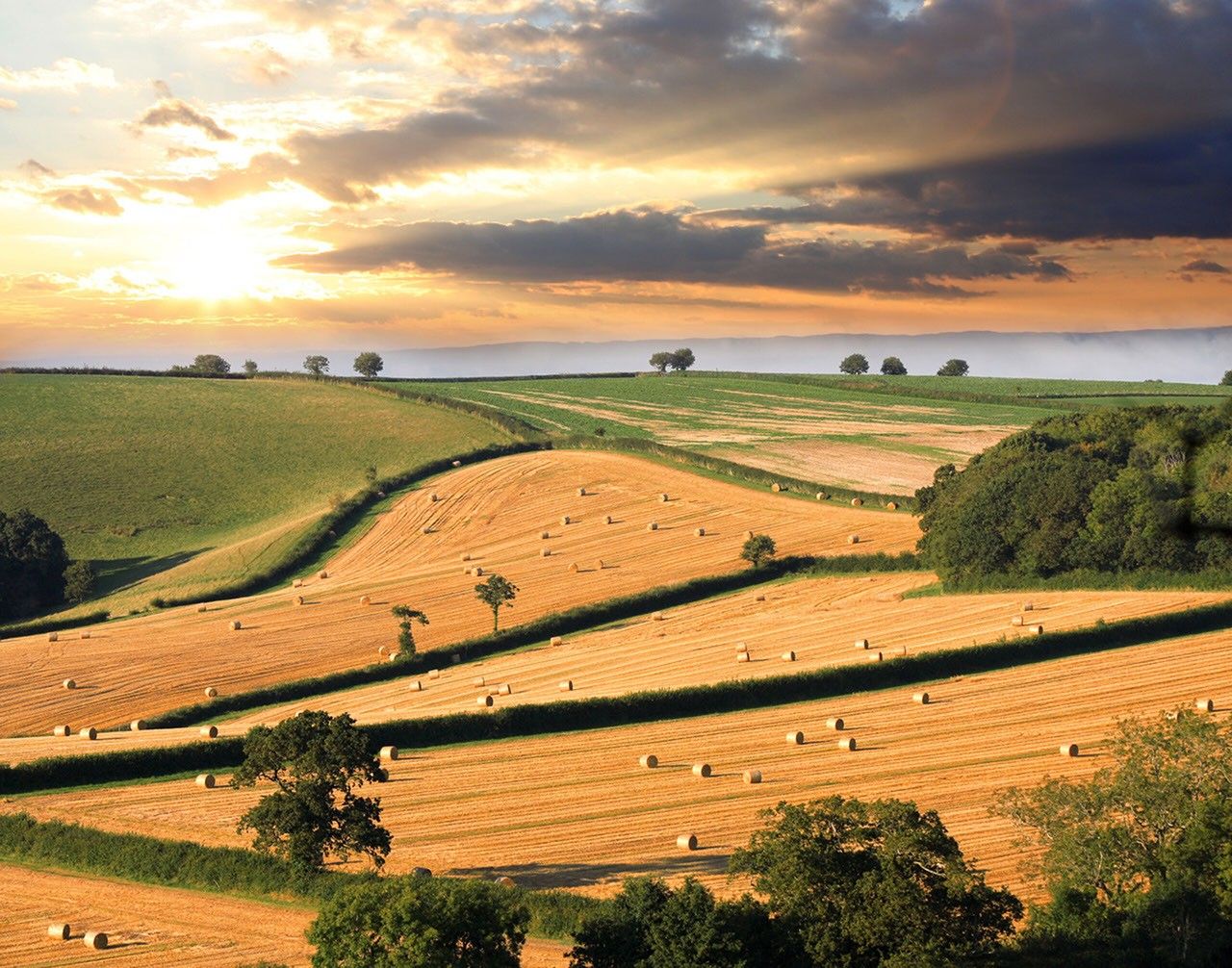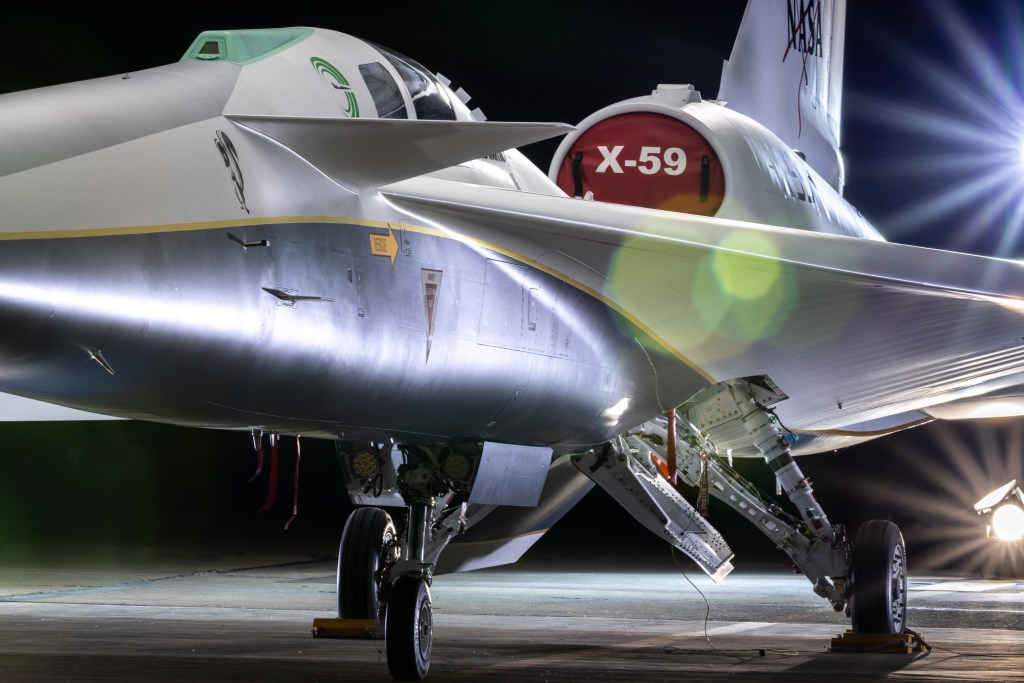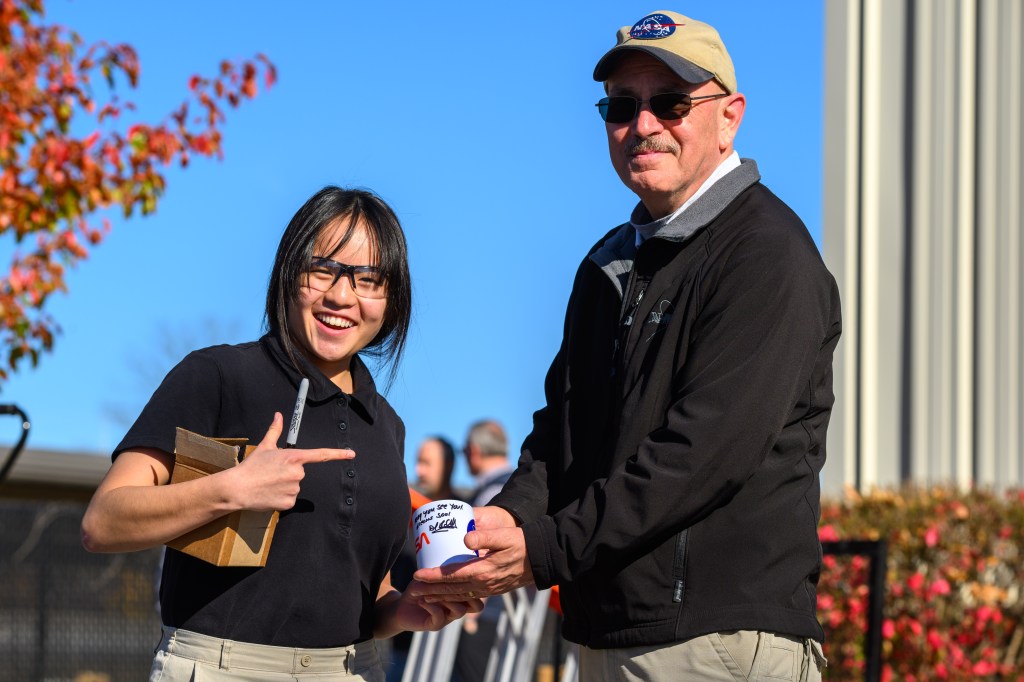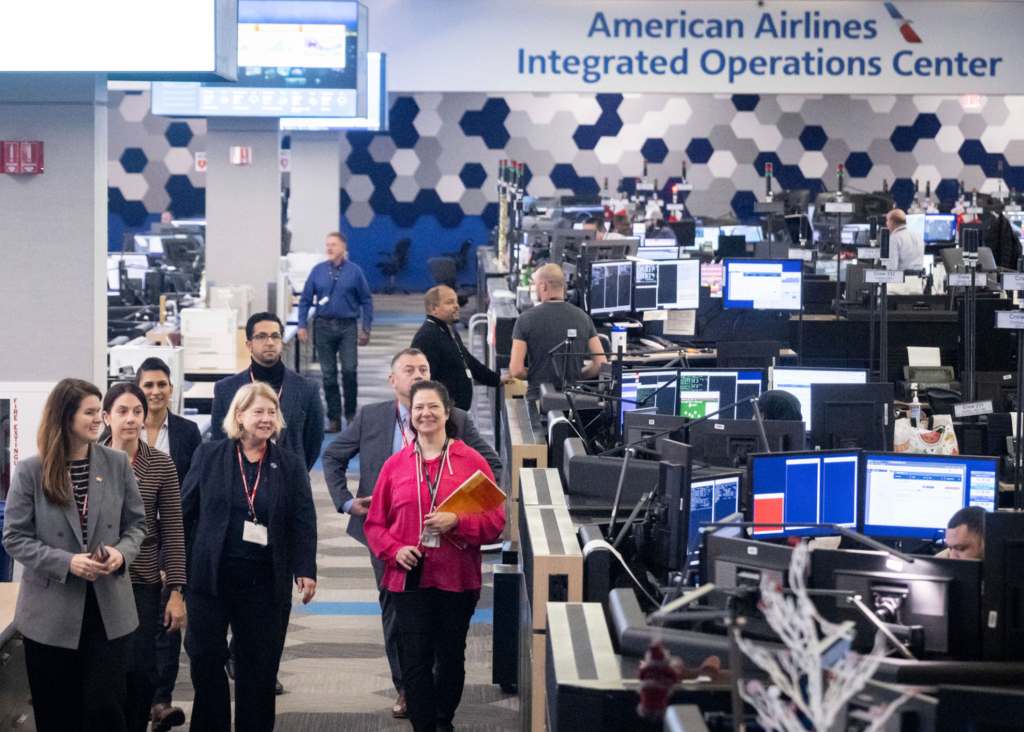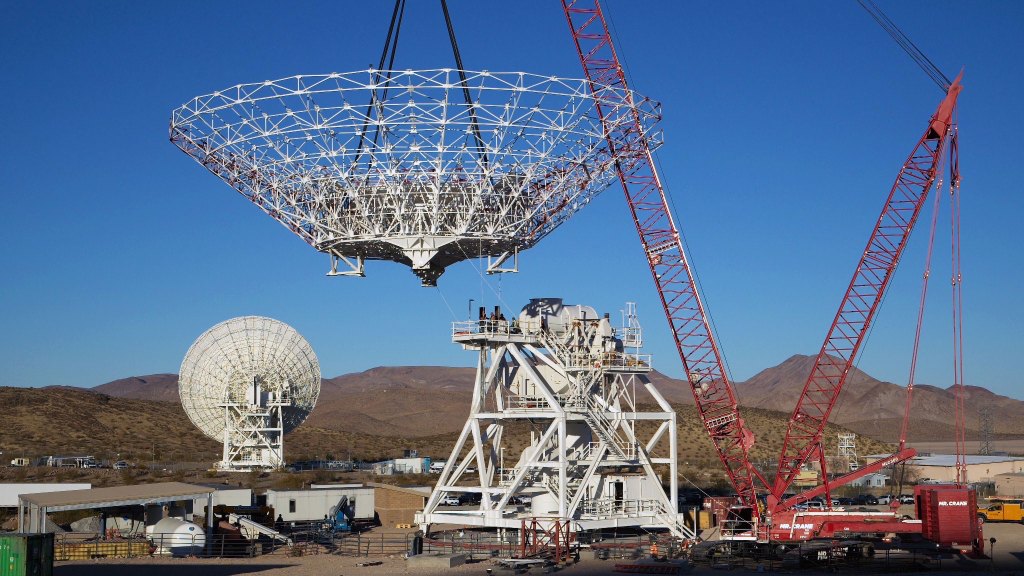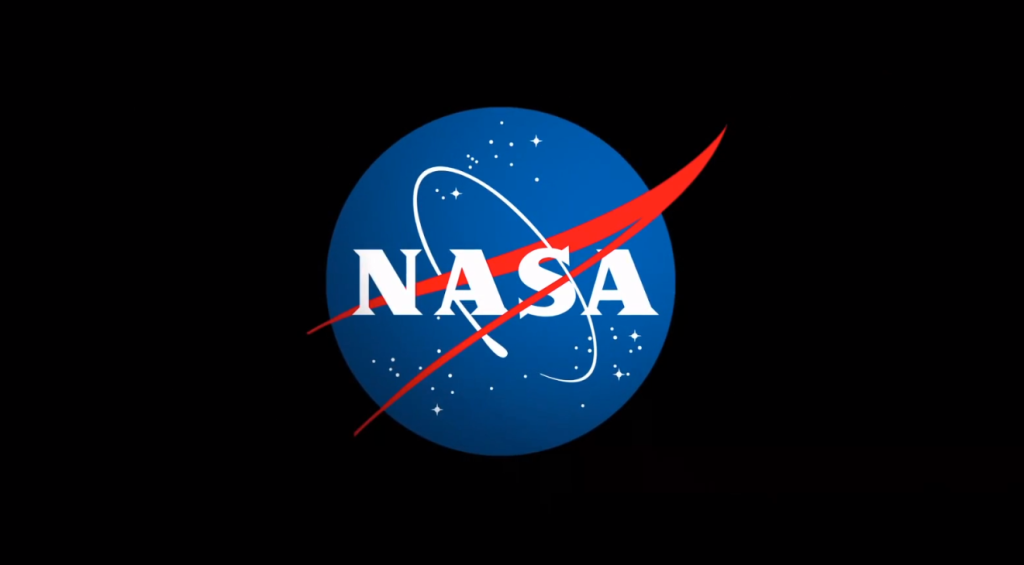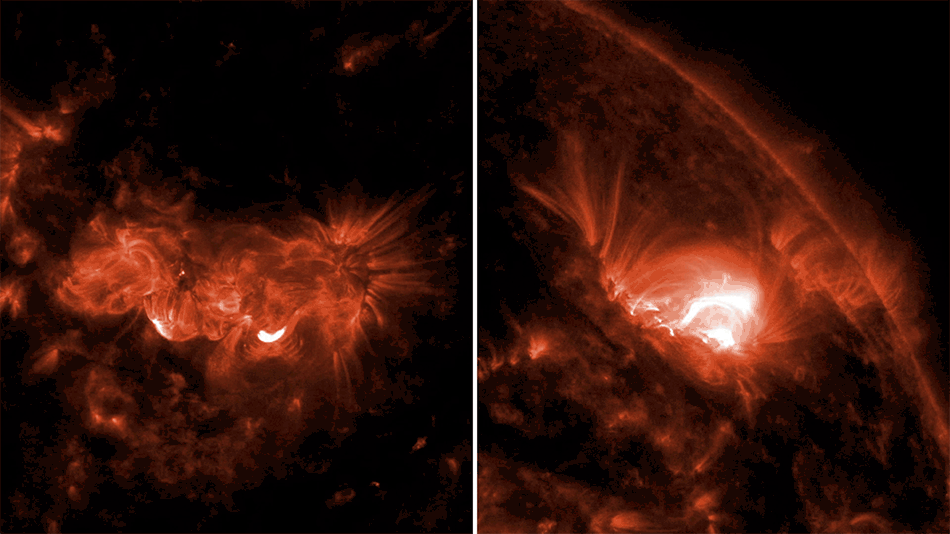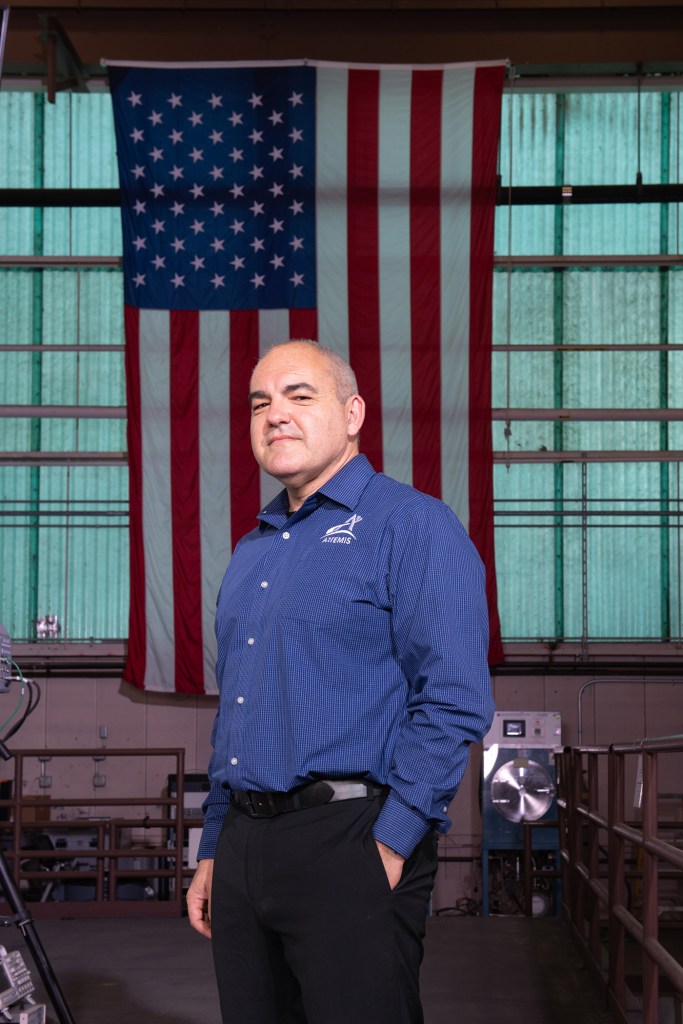Various Voices:
Hello!
Hello, NASA.
Hi NASA, it’s me!
The day was one of the ones that stand out in my life– 50 years later.
We told each other, can you believe we’re seeing this?
We could just make out the grainy images on our little black-and-white television.
It was just amazing to think that there were people on that Moon up there that we could see.
I had just turned five and we got to stay up late to watch it on television.
It was July 20, 1969.
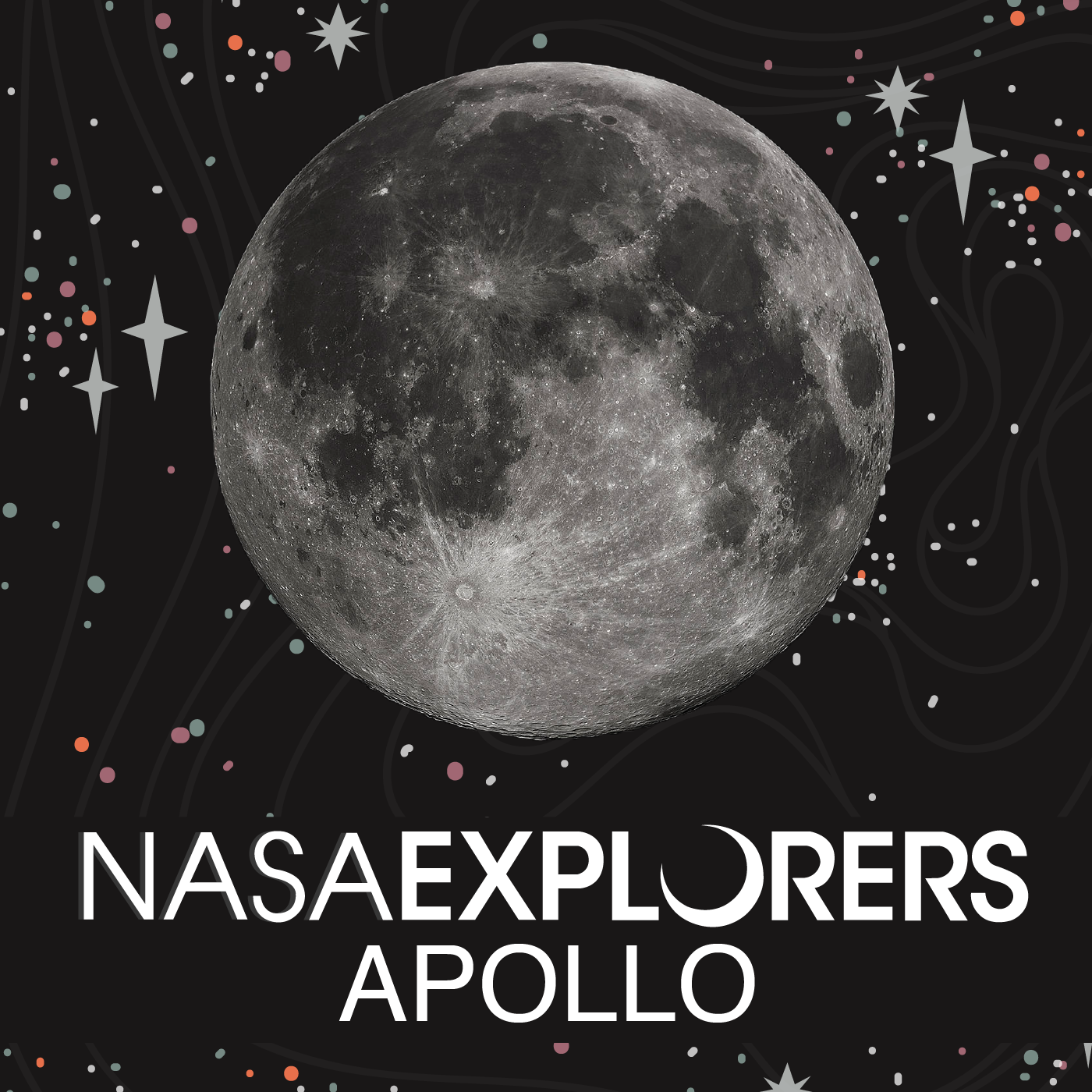
Narrator: Welcome to NASA Explorers: Apollo… The bonus episode!
Throughout the series, we brought you stories of our Moon and the people who explore it.
You met a Moon detective, learned about the Moon Girl lab, and took a musical tour through the last half-century of lunar science.
You also heard from people all over the world whose lives were shaped by the epic adventures of the Apollo program!
To celebrate the 50th anniversary of Apollo 11, we asked you to help NASA tell the story of the first Moon landing.
We received over 300 stories from people all over the world. You heard some of these stories in the series, and we’re so excited to share a few more with you before we say goodbye.
John Oliver Smith, from Ohio, taped the whole thing with a reel-to-reel recorder.
In his Apollo story, he shared some of that tape and reflected on what the historic moment means to him.
John:
I recall it was hot and humid– a typical July day in western Ohio. It was one of those summers I spent swimming at the pond, doing chores with Dad, playing out in the fields, and making my own discoveries.
My older brother Jim was out traveling the world somewhere. My teenage sisters were busy with their friends, and one of our local natives was in a small spaceship headed for the Moon.
Eagle, you’re looking great. Coming up nine minutes.
I had a reel-to-reel tape recorder, a household item before VCRs, DVDs, and iPhones. I carried it everywhere. This was obviously a day to be recorded.
July 20th, 1969. It is 10 p.m. The following are the voices of Neil A. Armstrong, Air Force Colonel Edwin Aldrin Jr. They are the first men to ever walk on the Moon.
Neil Armstrong was a local boy. He grew up no more than 20 miles away, and his parents still lived nearby. Grandma and Grandpa were coming over. Mom had cooked something special and we were getting ready to watch Neil Armstrong do what no man had ever done before.
Grandpa was sipping his drink– wine or scotch, I don’t remember which. But he was already on his second. Mom said he’d better land on the Moon or Grandpa will get there first.
Hurry up, or Grandpa’ll land first!
We copy you down, Eagle. Houston, uh, tranquility base here. The Eagle has landed. Rocket to Tranquility, we copy on the ground. You got a bunch of guys about to turn blue. We’re breathing again, thanks a lot.
My father, the engineer, was explaining the events on TV moment by moment. We all held our breath at 9:56 p.m.
That’s one small step for man. One giant leap for mankind.
When we mark the anniversary this summer, I will fall back 50 years to the day I first heard that phrase– a giant leap for mankind. But I won’t be thinking of only Neil Armstrong.
I’ll see perfectly my mom, dad, grandma, and grandpa all sitting in the living room around the television in our little house in western Ohio. I’ll also be sitting with my beautiful wife, children, and grandchildren, and thinking of the future, imagining discoveries yet to come, and wondering what they will remember.
[MUSIC: Whale Watching on the Moon/ROSEVERE]
Narrator:
… Candy was in Rome when the first people walked on the Moon! Here’s what she remembers:
Candy:
I had the privilege of visiting Europe when I was 17 years old in the summer of ’69 with the All Ohio Youth Choir. Although we were warmly greeted everywhere we toured, one day as we exited our bus in Rome, we were greeted with hugs and kisses, cheers and bouquets of flowers.
We had no idea what the extra affection was about until our translator explained that the Italians were congratulating us as Americans for landing on the Moon!
I bought a local paper with the headline “Luna” in bold block letters that day, which I still have to this day. And I remember the excitement and pride in the American spirit, and the worldwide community cordiality with our success, which was success for mankind.
Congrats, fellow Americans and the whole world on the 50th anniversary of the Moon landing.
[MUSIC: Whale Watching on the Moon/ROSEVERE]
Narrator:
… Whenever Richie from Washington thinks of Apollo, he thinks of his grandfather and a special moment they shared together. While they watched the Moon landing, his grandpa said something Richie would never forget:
Richie:
In 1969, July, I was 13 years old. We were on vacation at my grandparents’ house in rural Nebraska. My grandfather was in his early 80s, I believe at the time, and we sat and watched on their black-and-white TV the launch of Apollo 11.
I was a little disappointed because we were a long way from a television transmitter and the picture was a little fuzzy. And as it lifted off, I looked over at my grandfather and he was crying.
There were tears in his eyes, and I was like, “Grandpa! This is like, the greatest achievement on mankind. Why are you crying?”
And he paused a moment and looked at me and said, “When I came to Nebraska, it was in a covered wagon.”
And I kind of shrugged and didn’t quite get it at the time. A few days later, the landing happened and we were back home in Chicago and when I heard Neil Armstrong say, “One small step for a man, one giant leap for mankind” I instantly got it.
During my grandfather’s lifetime, the practical automobile was invented and perfected. Aviation was invented and perfected. Space science, rocketry, computers, all of that and here he was, after seeing all that, watching human beings take off to go to the Moon.
Whenever I think of Apollo 11, I think of my grandfather as a child riding in the back of a covered wagon, going to Nebraska to a kind of an uncertain future. Homesteading.
And I kind of wonder, when will we go back? When will we get a chance to homestead? Hopefully soon.
[MUSIC: Whale Watching on the Moon/ROSEVERE]
Narrator:
Our next story comes to us from Ellen who lives in California. She remembers trying to find the Apollo 11 crew in the night sky as a little girl.
Ellen:
Do I remember the Moon landing? You bet I do. Mom was always a big fan of the space program, so we were all glued to the television that day. Mind you, this is a television that only got three channels, so I’m grateful that we were able to watch.
It was quite fuzzy, but it was so exciting. And me, being young, I immediately went outside with a pair of binoculars to stare at the Moon to see if I could see Neil Armstrong walking on the Moon.
You know when you’re young, anything is possible. I know it sounds silly, but it was very exciting. I am so proud that we were able to do that. NASA, thanks to you. You all got the job done. You pulled off the big one. Thanks again.
[MUSIC: Whale Watching on the Moon/ROSEVERE]
Narrator:
We also received a very sweet recording from Abi in England. She interviewed her six-year-old daughter Sennen about her thoughts on the Moon.
Abi:
I live in Cornwall, in the UK, and I’m here with my daughter Sennen, who is six.
Sennen:
Hello!
Abi:
So Sennen, what do you think it would be like to see humans walk on the Moon again?
Sennen:
Exciting.
Abi:
Why do you think that?
Sennen:
Because I…because it…makes me feel like I’m on the Moon.
Abi:
Wow, that is exciting, isn’t it? When you think about the Moon, what do you think about?
Sennen:
I think it…I think it’s a big block of cheese!
Abi:
And Sennen, what do you want to know about the Moon?
Sennen:
Um, how it fits in the air in the sky, and floats around a bit.
Abi:
Is there anything else you want to say about the Moon?
Sennen:
Um, how the Sun comes up and where does the Moon go?
Abi:
Wow, thank you Sennen.
Sennen:
Bye!
[MUSIC: Whale Watching on the Moon/ROSEVERE]
Narrator:
Thank you, Sennen and Abi.
And thank you to everyone who has helped us tell the Apollo story so far. The stories you sent in surprised and delighted us. They’re a reminder that our history is a shared history, and that exploration brings us together.
If you have a story you’d like to share, it’s not too late.
We’ll be collecting stories throughout the year, sharing them on social media and adding them to the NASA archives.
Check out nasa.gov/apollostories to learn how to get involved. There, you’ll also find pictures of John’s reel-to-reel tape recorder and the newspaper Candy kept all these years.
[MUSIC]
So, That’s all for this season of NASA Explorers.
We hope you enjoyed this series… we had a ton of fun making it for you. Thanks to everyone who supported this audio series, including NASA Goddard’s Solar System Exploration Division and the NASA Explorers team.
If you like NASA Explorers, why not leave us a rating and write a quick review in your podcast app? It helps us grow.
And, if you’re looking for more Moon stories from NASA, you’re in luck.
You can check out other NASA podcasts, like Gravity Assist or Houston We Have a Podcast, to learn more about the Moon and human spaceflight.
Then, check out the On a Mission podcast from NASA’s Jet Propulsion Laboratory to take a deep dive on the InSight mission to Mars.
You can find all of these shows on Apple Podcasts, Soundcloud, and Google Play.
Various Voices:
Tape recorder’s running, right?
I remember feeling both excited and scared.
It was just the most exciting thing that ever happened.
I remember huddling around a very small black-and-white TV screen.
I was the kid in school with a three-foot Saturn V model rocket.
This was the culmination of what was, to me, literally a life-long effort.
That’s one small step for man, one giant leap for mankind.

